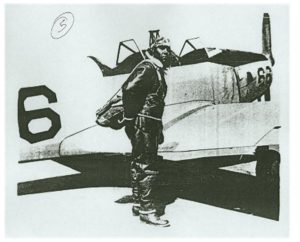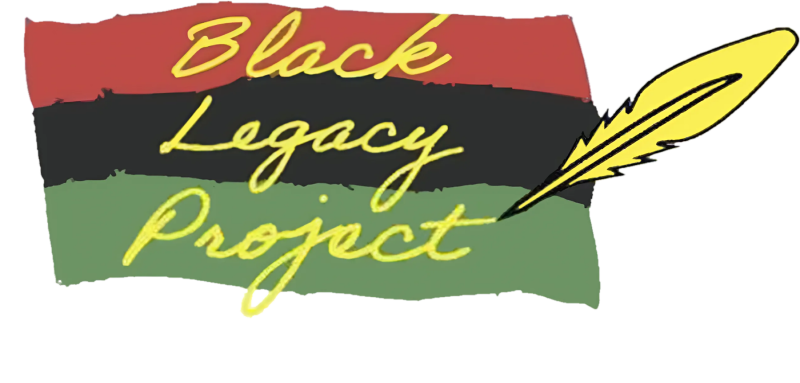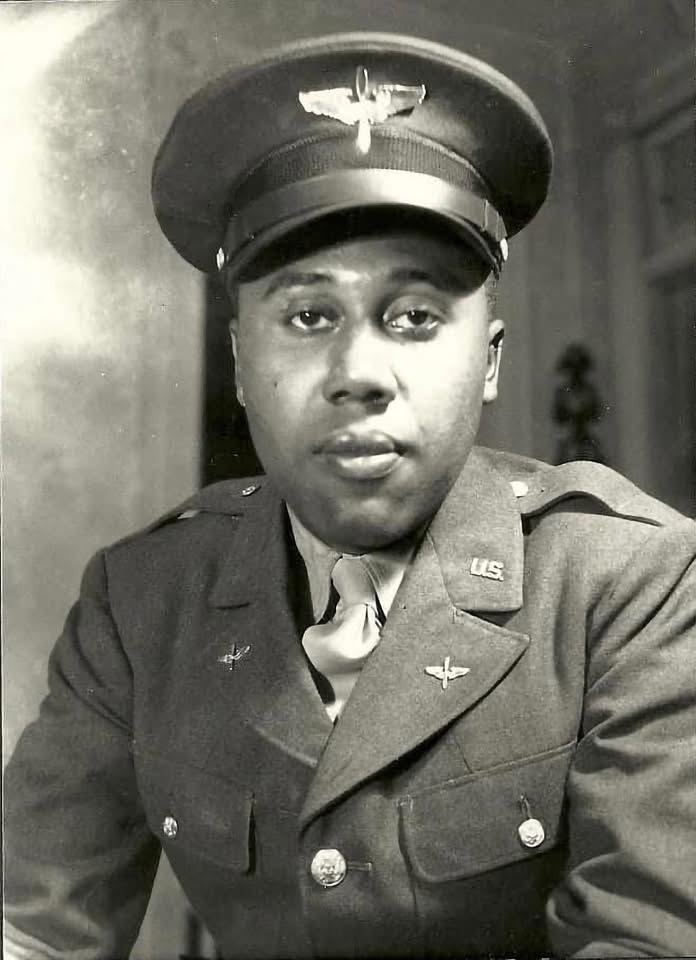 Tuskegee Airman / Firefighter / Psychologist / Activist / Earlham 1940s
Tuskegee Airman / Firefighter / Psychologist / Activist / Earlham 1940s
Birth: March 9, 1919 in Richmond, Indiana
Died: May 31, 2014 (buried at Earlham Cemetery in Richmond, Indiana)
Earlham Association: After his time in the military, Leavell earned a B.A. in Abnormal Psychology at Earlham College.
Starr-Gennett Career: Before joining the military, Leavell worked at Starr Piano Company with Harry Gennett and Perfect Circle. The Starr-Gennett Foundation cites his later work in encouraging historical study of the recording company as “very influential…in the renewed interest in developing Gennett records…and in the creation of the Starr-Gennett foundation.”
Air Force Career: In 1942, Leavell became one of the first African American pilots in the U.S. army. He trained at the Tuskegee Institute in Alabama, among other African Americans as one of the famous “Tuskegee Airmen”. After losing his mother and father during training, he became disinterested in flying and became an engineer, instead, and went to Guam as such. He was promoted to first sergeant and mess sergeant. His time on the ground is noted for his concern for the natives of Guam, whom he delivered food to. His observations on racism in the U.S. military during the Second World War have played an important role in the historical record.
Psychologist Career: Leavell received a government research grant after graduating from Earlham after being honorably discharged from the military, to experiment innovative theories of education for intellectually disabled children.
Firefighting Career: After his psychological research, Leavell worked full-time at the Richmond Fire Department. He eventually rose to the rank of captain. He retired after 20 years of service.
Activist and Community Empowerment Career: After his time in the military, Leavell worked to actively fight against racism in Richmond, Indiana. Immediately upon returning, in the mid-1940s, he would sit in the lower balconies of Richmond’s theaters (usually segregated for white people) and refuse to move when the usher tried to remove him. He later went on to serve as the director of the Wayne County Community Action Program, as well as worked for Head Start, an early childhood care home for low-income families. Additionally, he was a local historian, contributing large amounts of information for histories of the famous Starr-Gennett Records and advocating for the preservation of the historic Hibberd School.
Accomplishments: Leavell’s narrative is featured on a public page on the Library of Congress website and its page on “African Americans at War”. His records continue to be a major resource for histories of Black military service in World War II. In 2018, he was chosen as the “Veteran Of the Day” on the U.S. government’s Veteran Affairs page.

